In cross-border trade and overseas business operations, a convenient international payment tool is often a necessity. KOHO, as a Canadian e-wallet product, provides domestic practitioners with a virtual credit card solution that does not require complex qualifications to apply for, which is explained in the following aspects of application, use and precautions.
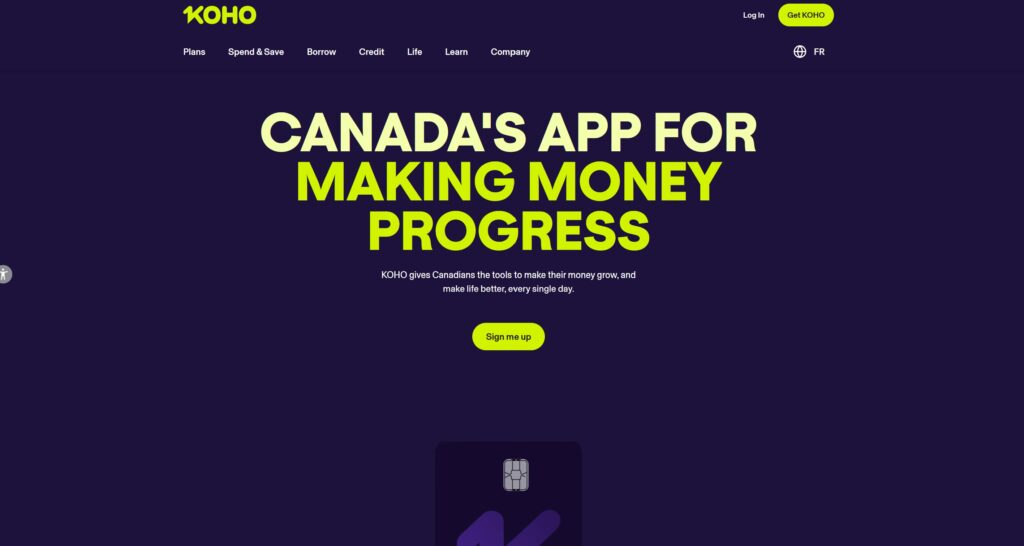
I. Core Benefits of the KOHO Virtual Credit Card
- Low registration threshold, no proof of address required
Domestic users can register with a mainland Chinese passport and a U.S. cell phone number (or a non-Canadian number) to create an account, and no proof of address is required. For physical cards that need to be mailed, a third-party service such as AnytimeMailBox can be used to obtain a Canadian collection address, making the process relatively simple. - Security of Funds and Deposit Protection
Funds in the account are CDIC-protected by Peoples Trust, covering deposits of up to $100,000, and are secured in accordance with Canadian financial regulatory standards. - Multi-scenario top-up channels
- Interac e-transfer: Transfer funds from a local Canadian bank account within 1 hour, free of charge.
- Direct Deposit: Can be tied to payroll or bill withholding, requires Transit number (16001), Institution number (621) and 12-digit account number.
- Wise Cross-border transfersInterac deposits via Wise require only a dedicated KOHO email address (@kohotransfers.co.uk), with a transfer fee of C$1.52 for a measured C$13.51, and takes about a few hours to arrive in your account.
II. Scenarios and limitations of use
(i) Scenarios of application
- Offshore Platform PaymentsThe virtual card can be tied to Alipay for some scenarios within the country (with attention to wind control issues).
- Cross-border capital flows: Transfers to other Canadian bank accounts can be made through Interac free of charge, with a limit of $3,000 within 24 hours, making it ideal for small fund transfers.
(ii) Restrictions on use
- Domestic physical scene is limitedThe physical card cannot withdraw cash from ATMs in mainland China, and is not supported by Bank of China or Agricultural Bank of China; there are also barriers to offline consumption, and only the virtual card can be used to try some of the online channels.
- Offshore transaction costs: Spending in mainland China is subject to a foreign transaction fee of 1.5%, which should be accounted for at the time of use.
- Risk control and qualification requirements: Some users feedback account use for a period of time may trigger the wind control, need to provide a Canadian visa, work visa or government-issued photo ID, without the relevant qualifications need to be used with caution.
III. Types of accounts and cost structures
KOHO provides several Plan levels, foreign trade practitioners can focus on the basic models:
- Easy Plan: No monthly fee, suitable for low-frequency use;
- Essential Plan: $4 monthly fee, waived if you deposit or top up more than $1,000 per month via Direct Deposit, deposit rate increased to 5% (higher than some similar products).
Higher tier plans (such as the Extra/Everything Plan) offer benefits such as a metal card, but the monthly fee ($9-19 CAD) is not cost-effective in relation to the actual benefits, so don't choose them if you don't have to.
IV. Operational recommendations and risk tips
- Registration and Activation Process
- Download the App from the official website (https://www.koho.ca/), fill in your name, birthday, occupation and other information as prompted. There are no hard and fast credit history requirements, and the review is usually completed within a few hours, with additional cell phone bills or bank statements required in special cases (2-4 business days).
- To activate the physical card, you need to call the customer service hotline (0018555646999), enter your card number, CVV and registered cell phone number according to the voice prompts, and set the PIN code.
- risk avoidance
- Avoid frequent large-value transactions to reduce the probability of triggering risk control; if you do not have the legal residence qualification in Canada, it is recommended that you only use it as a small payment tool.
- The virtual card is functionally separate from the physical card, which has limited domestic utility and can be applied for on an as-needed basis.
For practitioners who need to make small international payments and fund transfers in cross-border business, the KOHO virtual credit card can be used as one of the alternative tools due to its low entry threshold and relatively standardized fund protection. However, the limitations of KOHO virtual credit card in domestic scenarios should be clarified, and it should be used reasonably in accordance with business needs, while paying attention to the impact of regulatory policy changes on accounts.



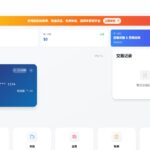
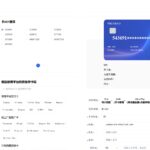
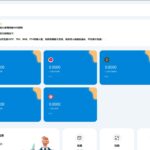

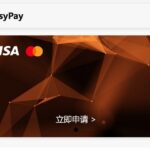


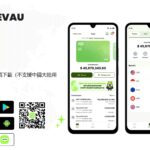

No U.S. cell phone card, the transition to foreign trade is very difficult to deal with, this can not be registered that can not be logged in!
Cell phone cards are easy to get. $3 a month.